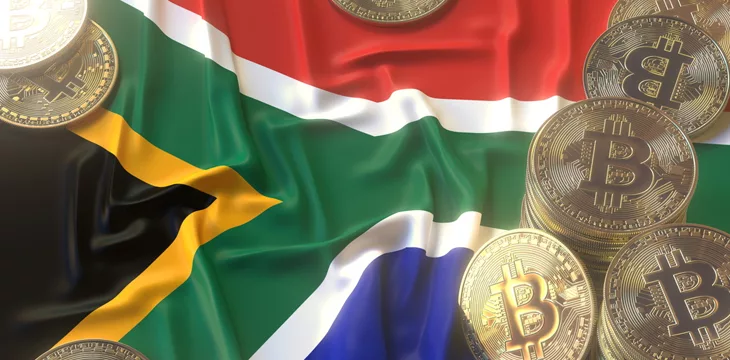|
Getting your Trinity Audio player ready...
|
South Africa will explore stablecoins, blockchain technology, and the tokenization of real-world assets as it seeks to offer better payments to its people.
In a recent budget reading, the country’s finance minister revealed the government’s plans to invest in improving the country’s payments ecosystem and other overall financial markets. The minister said the government had delegated responsibility for digital asset-related reforms to the Intergovernmental Fintech Working Group (IFWG).
Established in 2016, the IFWG is a collaborative effort that brings together South Africa’s leading regulators to tackle financial sector challenges. It includes the central bank, the National Treasury, the Financial Sector Conduct Authority (FSCA), and others.
“In 2024, the Intergovernmental Fintech Working Group will publish additions to include ‘stablecoins’ as a particular type of crypto asset. It will conduct analytical work to understand the applicable use cases of stablecoins and to recommend an appropriate policy and regulatory response,” the budget proposes.
IFWG has been leading the country in digital asset oversight, but it has yet to implement any major laws for the industry. The budget directs the group to amend its paper, which it published in 2021 for ‘crypto’ guidance, to include stablecoins.
Stablecoins are rapidly gaining traction in Africa as some of the continent’s top economies face severe currency depreciation (Nigeria’s naira was the third-worst performing currency globally last year after the Lebanese pound and Argentina’s peso). Pan-African exchange Yellow Card told CoinGeek earlier this year that its platform saw a spike in stablecoin use last year.
Other proposals include exploring the impact that tokenization of real-world assets could have on the country’s financial industry. According to New York’ crypto’ consultancy 21.co, tokenization will be a $10 trillion market by 2030.
The National Treasury is also weighing subjecting virtual asset service providers (VASPs) to some of the regulations that legacy companies face. This includes reporting all digital asset transactions worth over 49,999 rand ($2,650).
IFWG has until December to publish a discussion paper with its policy and regulatory recommendations.
In recent months, South Africa has been making some progress towards digital asset regulation. Last year, the country ordered all VASPs to obtain licenses or shut down, and as CoinGeek reported, the FSCA could issue the first batch of licenses this month. South Africa also became the only African country to pledge to adopt a new taxation regime allowing the automatic global exchange of ‘crypto’ tax-related information.
Watch: Tokenizing gold on Bitcoin & New BSV stablecoin set to launch

 02-17-2026
02-17-2026 




